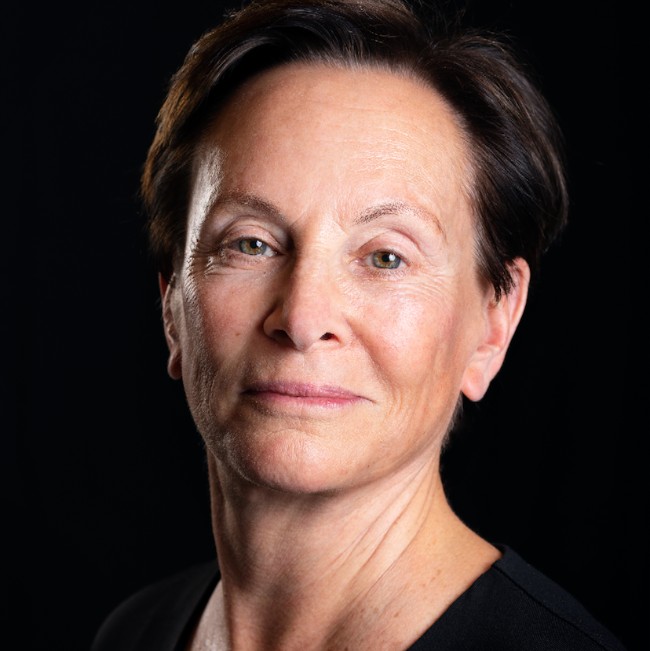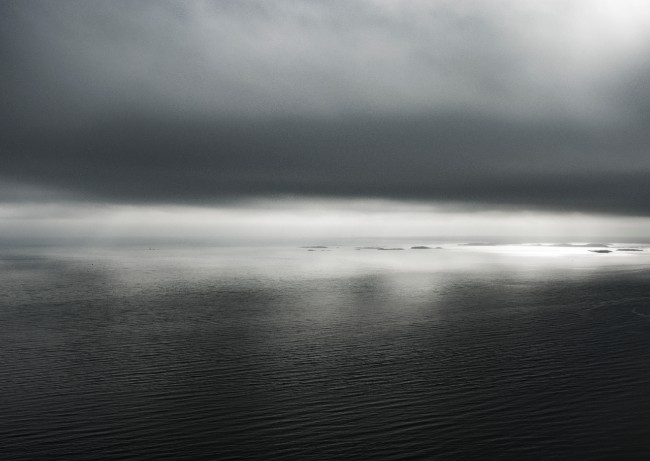Anna de Noailles: Poetry in a Time of Dislocation


Editor’s note: This is the eighth installment in the series “Poetry in a Time of Dislocation.” Fine art photographer Fern Nesson asserts that the place for art is critical during this time of pandemic, and she has immersed herself in the French poets, translating important works and sharing them as photo essays. This week, Fern focuses on the great writer Anna de Noailles, born in Paris in 1876.
(Click here for previous installments: Charles Baudelaire, Guillaume Apollinaire, Paul Valéry, Christine de Pizan, Paul Verlaine and Alphonse de Lamartine.)
Anna de Noailles was at the center of a distinguished group of friends in pre-World War I Paris. These included Proust, Colette, Gide, Mistral, Rilke, Valéry, and Cocteau. An invalid for most of her life, de Noailles received them all in her bedroom. Her passion for life, as displayed in this poem, was clearly so great that she could entertain with enthusiasm and also write almost non-stop. Her poems are compelling, her style romantic. “L’Empreinte” is especially lovely.
A note about the accompanying photos in this week’s essay. Two are mine; the others are by three wonderfully talented photographers (and great friends). I thank them for their apt contributions.

Photo: Fern Nesson
“L’Empreinte” (1902)
Je m’appuierai si bien et si fort à la vie,
D’une si rude étreinte et d’un tel serrement,
Qu’avant que la douceur du jour me soit ravie
Elle s’échauffera de mon enlacement.
La mer, abondamment sur le monde étalée,
Gardera, dans la route errante de son eau,
Le goût de ma douleur qui est âcre et salée
Et sur les jours mouvants roule comme un bateau.
Je laisserai de moi dans le pli des collines
La chaleur de mes yeux qui les ont vu fleurir,
Et la cigale assise aux branches de l’épine
Fera vibrer le cri strident de mon désir.
Dans les champs printaniers la verdure nouvelle,
Et le gazon touffu sur le bord des fossés
Sentiront palpiter et fuir comme des ailes
Les ombres de mes mains qui les ont tant pressés.
La nature qui fut ma joie et mon domaine
Respirera dans l’air ma persistante ardeur,
Et sur l’abattement de la tristesse humaine
Je laisserai la forme unique de mon coeur.

Photo: Larry Smukler
My Translation: “The Imprint”
I will cling so fiercely to life,
clasping it so tightly,
that before the sweetness of my days has been taken from me
I will warm them forever with my touch.
The ocean’s waves, splashing over the shores,
will spread the sharp salty tasty of my regrets
throughout the world,
as they rock like a boat on the days passing by.
I will leave something of me in the folds of the hills;
my eyes will still sparkle in fields of flowers.
The cicada, perched on a pine branch,
will thrum with the shrill cry of my desire.
Fresh spring greens and newly-mown grass
will flutter as the shadow of my hands ruffles them.
Nature, which was my true home and my joy,
will breathe my soul into the air.
And to assuage the bitterness of human suffering,
I will offer the unique imprint of my heart.

Photo: Susan Teare

Photo: Cathy Cone
Lead photo credit : Photo: Fern Nesson



REPLY